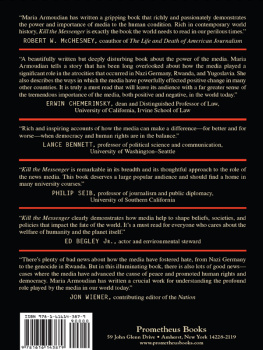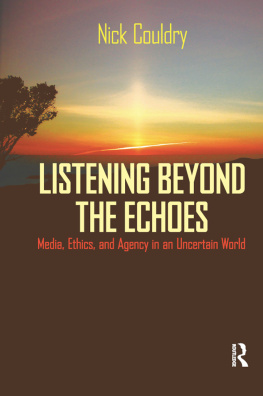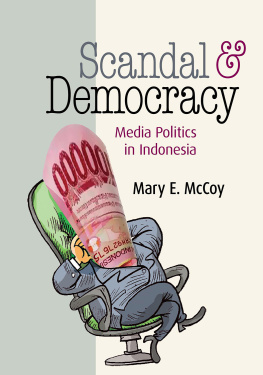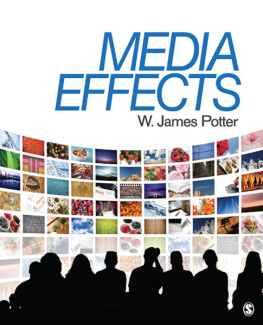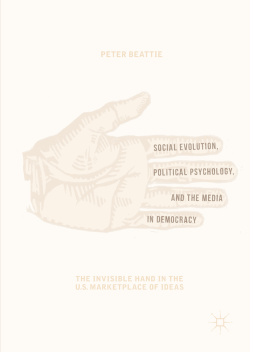
I t is impossible to acknowledge and thank everyone who has contributed directly and indirectly to this book. But I certainly could never have done this if it were not for the people who carried me through the most difficult times: my parents, Aghavni and Garabed Armoudian (my unofficial consultants and copy editors), Bruce Haring, Dan Stormer, Wyatt Underwood, Anna Krajec, Dikran and Rouben Tourian, Jim Provenza, Ron Levy, Senator Richard Polanco, Charles (Kit) and Chris Crittenden, Lance Childers, Jay Levin, Dutch Stowe, Rod Hull, Assemblyman Scott Wildman.
My agent, Paul Levine; our introducer, Tad Daley; my editor, Steven L. Mitchell, and the rest of the Prometheus Books staff.
My academic mentors: Ann Crigler, Pat James, Sheldon Kamieniecki, Ricardo Ramirez, Richard Hrair Dekmejian, Ernest Wilson, Robert English, Daniel Lynch, Abraham Lowenthal, Nora Hamilton, Bryan Rathbun, Howard Gillman, Dan Mazmanian, Janelle Wong, Anthony Kammas, Nick Weller, Art Auerbach, Wayne Glass.
The experts for their time, review, wisdom, comments, and guidance: For South Africa: Albie Sachs, Allister Sparks, James Zug. For the Six Counties/Northern Ireland: Eamonn Mallie, David McKittrick, Desi Murray, Tom Hayden, Alasdair McDonnell, Mari Fitzduff, Martin McGinley, Eamonn McCann, Kelly Candaele, Martina Purdy, Terry McLaughlin, Kevin McCafferty, Sean Brennan, Tom Hartley, Danny and Ciaran Morrison, Sir Reg Empey, Brian Rowan, Bill Rolston, Billy Hutchinson, Brendan McCourt, Mirtn Muilleoir, the Loyalists, Unionists, and Republicans who talked with me but have not agreed to be identified. For Chile: John Dinges, Abraham Lowenthal, Marc Cooper. For the Holocaust: Randall Bytwork, Rabbi Haim Dov Beliak. For Bosnia: Robert English, Rudy Baker, Judge Phil Weiner, Mirsad Abazovi, Goran Kovaevi, Zlatiborka Popov-Mominovi, Vladimir Andri, Nedim Hogic, Emil Pinkas. For Taiwan: Daniel Lynch, Stanley Rosen, Jeanine Yutani. For Mexico: Nora Hamilton. For climate change: Erik Conway, Naomi Oreskes, Elliott Negin. For the tipping point and Senegal: Cody Donahue, Ganon Gillespie, Molly Melching. For Burundi: Alexis Sinduhije, Bryan Rich, John Marks, Samantha Nduwimana. For the introduction and theoretical chapters: Ann Crigler, Rick Gelm, Charles (Kit) Crittenden, Jack Fong, Phil Seib. For help navigating the research: the VKC librarians, especially Robert Labaree, Mary Clark, Katharin Peter, Rita Romero.
My Armoudian family: Ohan, Rosemary, Adam, Kara, Anto (Nick), Marion, Sophia, Nicholas, Annig and Moushegh Tourian, Dan and Rob Zeytoonian. My grandfather, Megerditch Megerditchian, my late grand-parents, and my Megerditchian, Franjeskou, Elmayan, and extended Armoudian family members.
My amazing friends: Ankine Aghassian, Josif and Ani Kahraman, Loucin Mekhjian, Vatche Mankerian, Paul Karon, Joe Dunn, Robert Davidian, Mark Levy, Jenny Kildjian, Spencer Downing, Stephen Barbara, Tom Camarella, Dennis Davis, Adrin Nazarian, Michael Shoob, Hrag Yedalian, Cliff Stewart, Dennis Arnold, Erin Wafer, Jeff Harris, Phil Appleton, David McClure, Garen Yegparian, Emanuela Cariolagian, Eric and Christina Hacopian, Joe Zefran, Denise Robb, Pamela Koslyn, Silva Sevlian, Jeff Kalousdian, Bob Jimenez, Jim Clarke, Sarkis Ghazarian, Sudd Dongre, Bob Benenson, the Sookiasian family, Jim Vaught, Lynn Ruch, Debbie Haring, Gary Simonian, Crystal Shepheard, Kevin Acebo, Rodger Dillan, my LALCV familyespecially Jonathan Parfrey, David Allgood, Mitchell Schwartz, Moe Stavnezer, John Fentis, Jessica Hall, Mary Nemick, Joan Satt. My KPFK family, including Maureen Milledge, Alan Minsky, Sonali Kolhatkar, Jon Wiener, Lila Garrett, Ian Masters, Terrance McNally, Jan Goodman and Jerry Manpearl, Stan Misraje, Mark Maxwell, Jee, Tamika, Bob Conger, Jonathan Alexander, Ali Lexa, Jennifer Kiser, Ric Allen, Matt Perez, Leilani Albano, Maggie LePique, Terry Guy, Zuberry Fields. My USC cohort, including Nukhet Sandal, Kate Svyatets, Jenifer Whitten-Woodring, Adrian Felix, Denise Gonzales, Jesse Mills, Dave Walker, Dave Bridge, Jamie Simcox, Katherine Chu, Christina Faegri, Linda Cole, Cathy Ballard, Aurora Ramirez, Jody Battles. My family away from familythe LA Armenian community. My fellow commissioners: Alina Bokde, Joyce Perkins, Irma Munoz, Teresa Villegas.


J ean's brother Michel lay before him, battered, bleeding, and writhing in agony from the bludgeoning he had just endured by members of his ethnic group. Jean stood, machete in hand and gun at his head, confused about the decision he was being forced to makedecapitate his brother or face his own brutal demise. Both Jean and his brother were Hutus, one of three ethnic groups that occupy Rwanda. But his brother was married to a Tutsi woman, the group targeted for annihilation by the Hutu-led Rwandan government in the spring of 1994. When the Rwandan genocide began, Jean and Michel had offered food to Tutsi refugees who were driven from their homes through mass burning and pillaging. As penance for aiding the inyenzi (the Rwandan word for cockroach), Rwandan military reservists ordered Jean to behead his brother. He stood frozen, hesitant, distressed: Could he kill his own brother? As he agonized, reservists reminded him that he must either kill or be killed as an accomplice to the Tutsis. In a moment of fear and confusion, Jean thrust the machete into his brother's neck, severing his head from the rest of his body.
A local tavern owner and father of three, Jean was among the less extreme Hutus caught up in the mass-murder sprees and made to kill their loved ones. Others like him killed neighbors, family members, and friends under a similar kill or be killed as an accomplice threat. So they killed or helped kill to prevent being placed on the government's infamous hit list of recalcitrant Hutus who were also to be hunted down and destroyed. Some Hutus killed one group of Tutsis while simultaneously hiding and protecting others who were dear to them or who offered bribes for shelter.
Women were targeted for torture through rape. Told that they must rape the women before slaying them, men often sequentially raped women until their victims collapsed. They raped with farm tools, spears, gun barrels, and machetes, or mutilated their victims genitals and breasts with acid or boiling water. One group of soldiers held a hatchet to a twelve-year-old boy's throat, forcing him to rape his mother, while his younger siblings were forced to hold her legs open. Some raped to intentionally spread HIV, killing their victims slowly and painfully. In fact, 70 percent of surviving rape victims contracted HIV.
Some mothers killed their own children before others could slay them. Other mothers watched helplessly as mad killers slaughtered their childrenone by one or two by two.
Ultimately, everywhere I went, I was a killer, admitted Pierre, who participated in multiple murders. Sometimes he and others used the rampage as a means of seeking revenge upon their Hutu rivals. By falsifying their foes identities as Tutsis, their fellow Hutus were subjected to the same horrors.
Although some impoverished Hutus participated in the murders for monetary gain or prestige, others were prominent members of society. Doctors, priests, teachers, and school principals all rolled up their sleeves to get a good grip on their machetes, hacking up their colleagues, students, and patients. They all killed with their own hands [and]they had no trouble sleeping.
Next page
